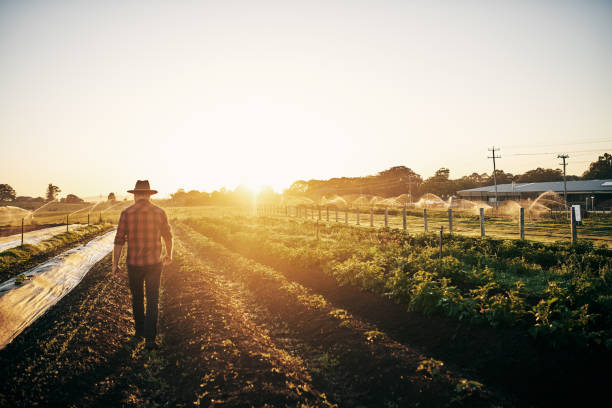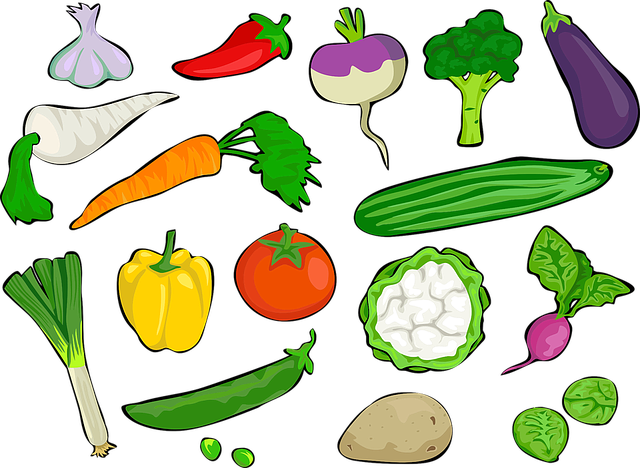Sustainable Farming Practices for the Environment
Sustainable farming practices are essential to protect our planet and keep up with the ever-increasing need for food. Further sustainable farming practices are more important than ever in light of global warming and environmental deterioration.
Indicators of Sustainable Agriculture
Our farms’ health and productivity and the planet’s will benefit from the following measures.
1-Healthier Soil with Crop Rotation
Different plants are sown on the same land during crop rotation each growing season. By halting the depletion of nutrients and the accumulation of pests and pathogens, this method aids in enhancing soil health.
2-Methods Used in Organic Farming
To improve soil fertility and pest management, organic farmers instead rely on non-chemical methods.

3-Conservation Methods for Water
Drip irrigation and rainwater gathering are two examples of water-saving practices used in sustainable agriculture. These techniques assist alleviate water scarcity, an increasing problem in many areas, by minimizing unnecessary water use.
4-Biodiversity and Agricultural Forestry
Trees and crops can be grown together in an agroforestry system, which increases biodiversity and improves soil health. By blocking the wind, holding in the soil, and housing beneficial fauna, trees are essential to maintaining ecological equilibrium.
5-Cutting Down on Carbon Emissions
Methods that lessen the production of carbon dioxide gas are crucial to sustainable farming. Reduce your reliance on fossil fuels, switch to renewable energy, and implement carbon sequestration strategies like cover cropping.
Conclusion
Ultimately, sustainable farming practices are crucial for the well-being of both farmers and the environment. Crop rotation, organic farming, water conservation, agroforestry, and lowering our carbon footprint are all ways we can help the world and future generations eat well.

